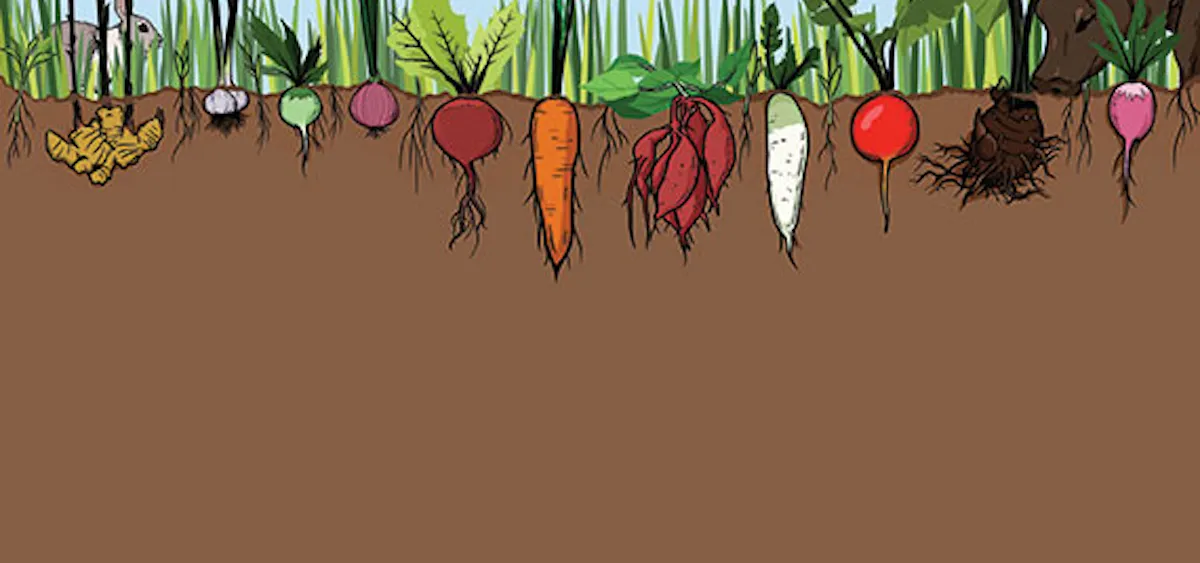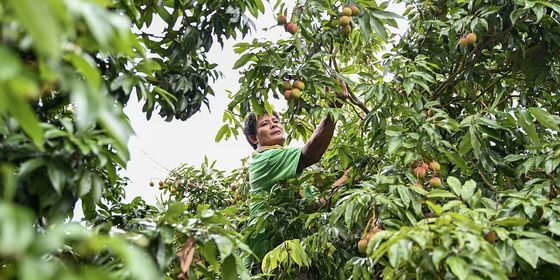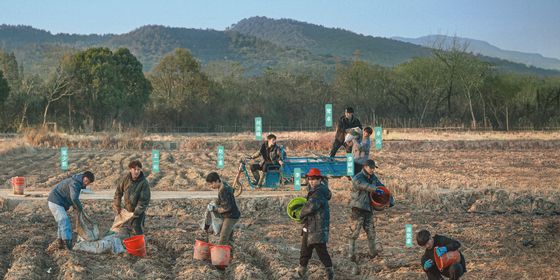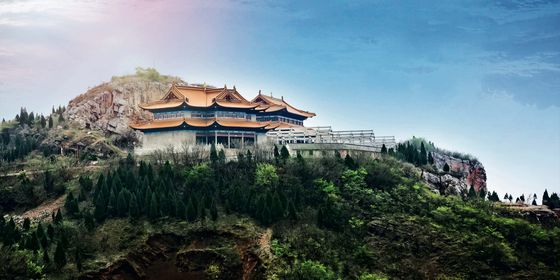Food safety and the Middle Kingdom
China is a land of food safety landmines: exploding hormone-overdosed watermelons, fake squid made from toxic plastic, clenbuterol-injected pork made to look like beef, and of course, the infamous melamine-laced baby milk powder that even today has rendered “safe” milk powder from Hong Kong or overseas a valuable asset on the underground market. Given that food safety issues are a very real and daily concern for most Chinese, it’s understandable that some form of the organic food movement would take root in Chinese soil.
However, those expecting it to resemble the Western concept ought to realize that the pressures Chinese consumers face have created a rather different movement.
Where sustainability, environmental impact, and even identity politics color the preferences of Western consumers, food safety is, by and large, the only concern for many Chinese buyers, and rather than focusing primarily on pesticide usage, the chief concern is that food has been tainted by pollution. But there are, of course, wide variances between producers and consumers, and even among different farms, as Beijing-based environmental engineer and restaurateur Tristan Macquet found when he began taking trips to visit farms around the capital in an effort to source organic produce.
“Organic is mainly about practice— it’s what you are putting in the soil, it’s what you add to the plant, it’s the kind of seeds you grow, it’s all these practices. You need to be sure about the soil and the water, that’s one of the main concerns in China, with over a third of the land unusable, much of it heavily polluted by factories,” Tristan told TWOC. “You could be the best farmer ever, but if the soil is a wasteland it doesn’t make a difference.”
He recounted one instance when visiting a farm which had a number of organic practices but was located opposite a factory and the proprietors didn’t know what the factory produced. “So in addition to the soil and water, it can be a problem if you add too many pesticides. It’s quite rare to find organic food that ticks all the boxes here,” he says. “Environmental protection is often a byproduct; the consumer doesn’t care about that, for now at least.”
China does have formal standards for organic certification from the Ministry of Agriculture, though testing for these is farmed out to third parties like the China Organic Food Certification Center. This classification system has frequently come under fire for solely testing the end-product rather than the actual practices. No doubt a large part of this concern is standardization; testing a piece of fruit for certain specific toxins is something that can be objectively assessed without requiring an army of inspectors, each operating to the same standards. Unfortunately, this method doesn’t necessarily live up to those with high expectations of organic standards regarding practices, and it also operates in a closed environment—suspicious consumers can’t see and understand testing that occurs in a closed-off lab in the same way they could understand a farm’s practices.
Where much of the organic movement in the West is focused on issues regarding genetically modified (GM) food, this concern in some ways is conspicuously absent from the organic scene in China. This is not for any lack of public concern. Most genetically modified food, at least technically, is off the table in China for now, both figuratively and literally (though there are notable exceptions such as certain strains of tomatoes, bell peppers and animal feed. In addition, plenty of imported soybean is GM). Chinese researchers are at the cutting edge of GM research and few doubt that the authorities would like to be able to roll out more GM food options to deal with food security and climate issues (via hardier crops), while boosting China’s competitive edge. But the public—with understandably heightened suspicions regarding food safety—remains implacably opposed.
So technically, most GM food is banned in China, but given the fact that “genetic modification” is in itself a disputed term and that China has often struggled to bring wayward farmers into line, one could argue that banned GM food has probably already breached the borders.
Greenpeace certainly thinks so— and with pretty good reason. When the organization conducted an eight-month probe in north China’s Liaoning Province in 2015, it found that 20 of 21 samples of corn found in supermarkets contained strains of GM corn prohibited under the ban.
It seems probable, almost certain, that GM food is already widely consumed in China, though when untangling the complexities of the situation on the ground, both farming practices and consumer preferences demonstrate the difficulties of embracing any “pure” organic concept.
As Macquet points out: “Consumers want food that looks a certain way. Carrots should be straight, not bent; apples are encased in foam bubbles so they don’t touch each other, as this is seen as a bad thing, regardless of the environmental consequences of the packaging. Two carrots might be wrapped in clear plastic. Nobody wants vegetables that look ugly or dirty.”
A big part of the food safety issue, of course, lies with farmers. If a farmer finds that pesticide improves his crop yield, many will take a simple line of reasoning and assume that by doubling the amount of pesticide, yields will further improve and they will make money. This, in a nutshell, is at the heart of the problem of food safety in China.
There are, however, very small numbers of both farmers and consumers that recognize crucial principles of safe farming, though often they are one and the same—Macquet and other people in the organic movement all described various cases of people going so far as to quit their jobs, sometimes for specific health reasons, so they could grow their own food on a farm. Rather than selling the food commercially, they often only sell or give the food to friends and family. “I had one farmer (who only supplies friends) tell me that it’s already too late for this generation, but he was willing to give some organic food to my kid,” Macquet said, while admitting that he focuses more on sourcing organic food for his child than for himself, as it is too difficult to get it for every meal.
“I am not an organic purist,” Macquet says. “I, personally, think it’s not possible here for all the practices to be 100 percent organic, though there are some with better practices and that’s what I focus on.”
“Organic Awakening” is a story from our newest issue, “Farming”. To read the entire issue, become a subscriber and receive the full magazine. Alternatively, you can purchase the digital version from the iTunes Store.












